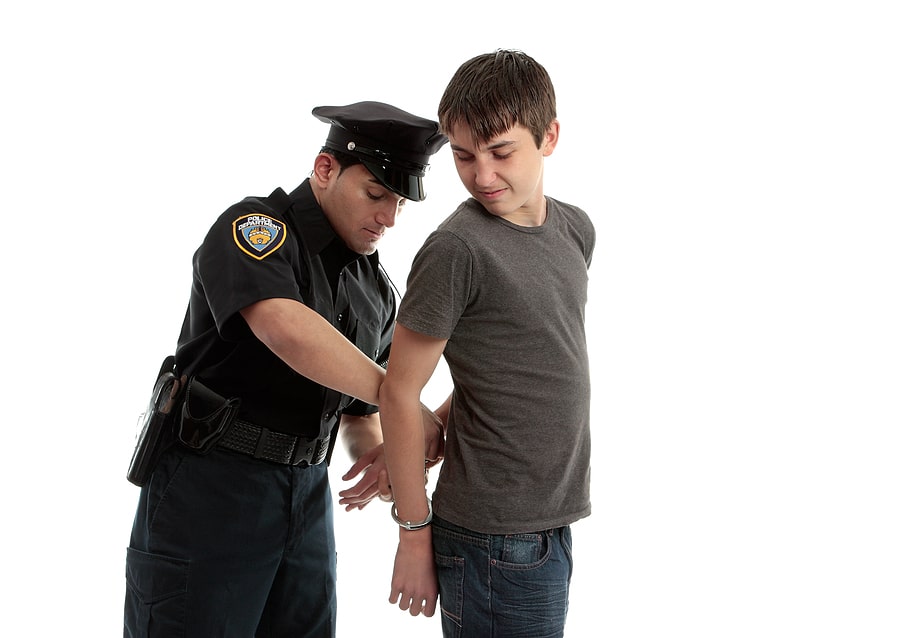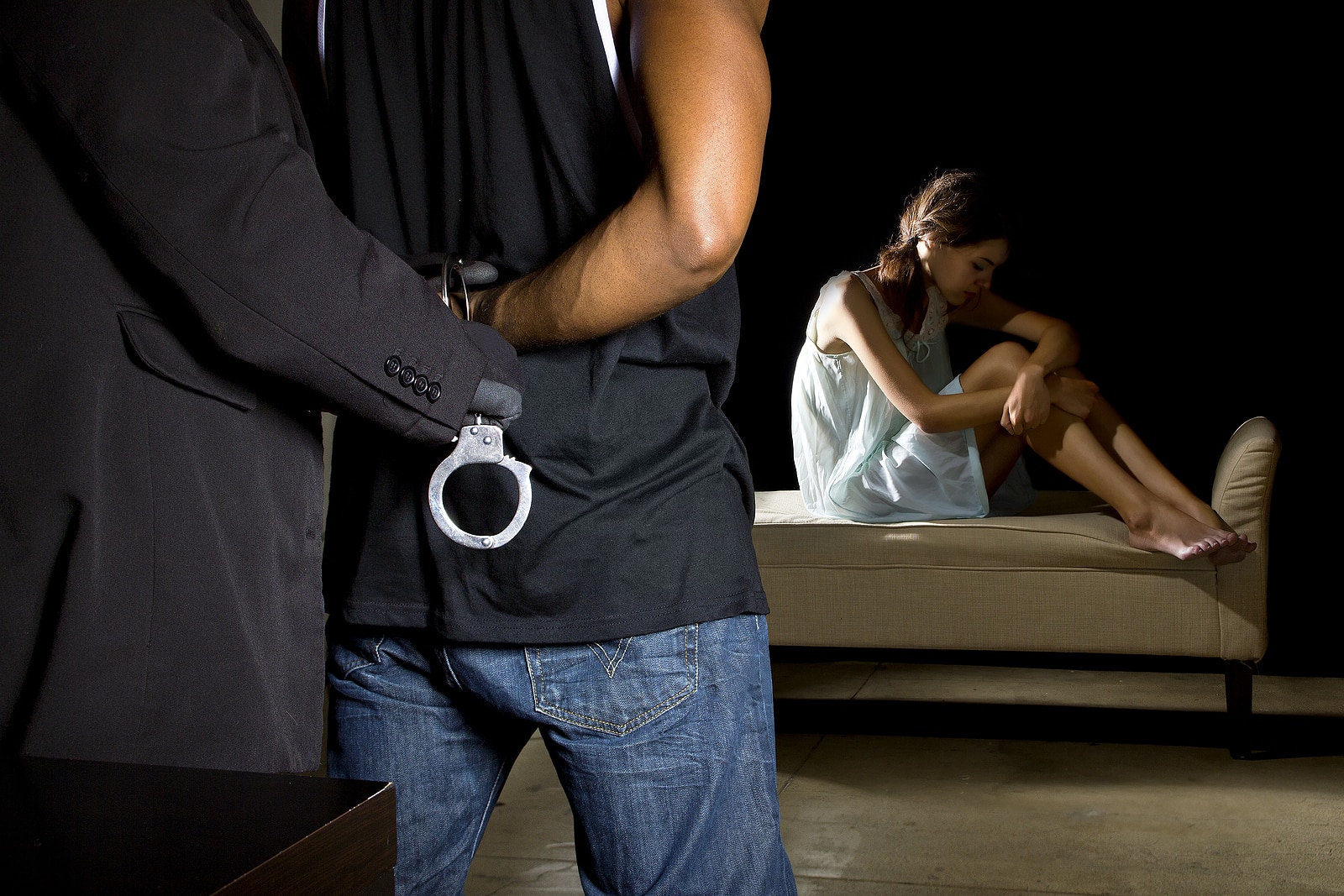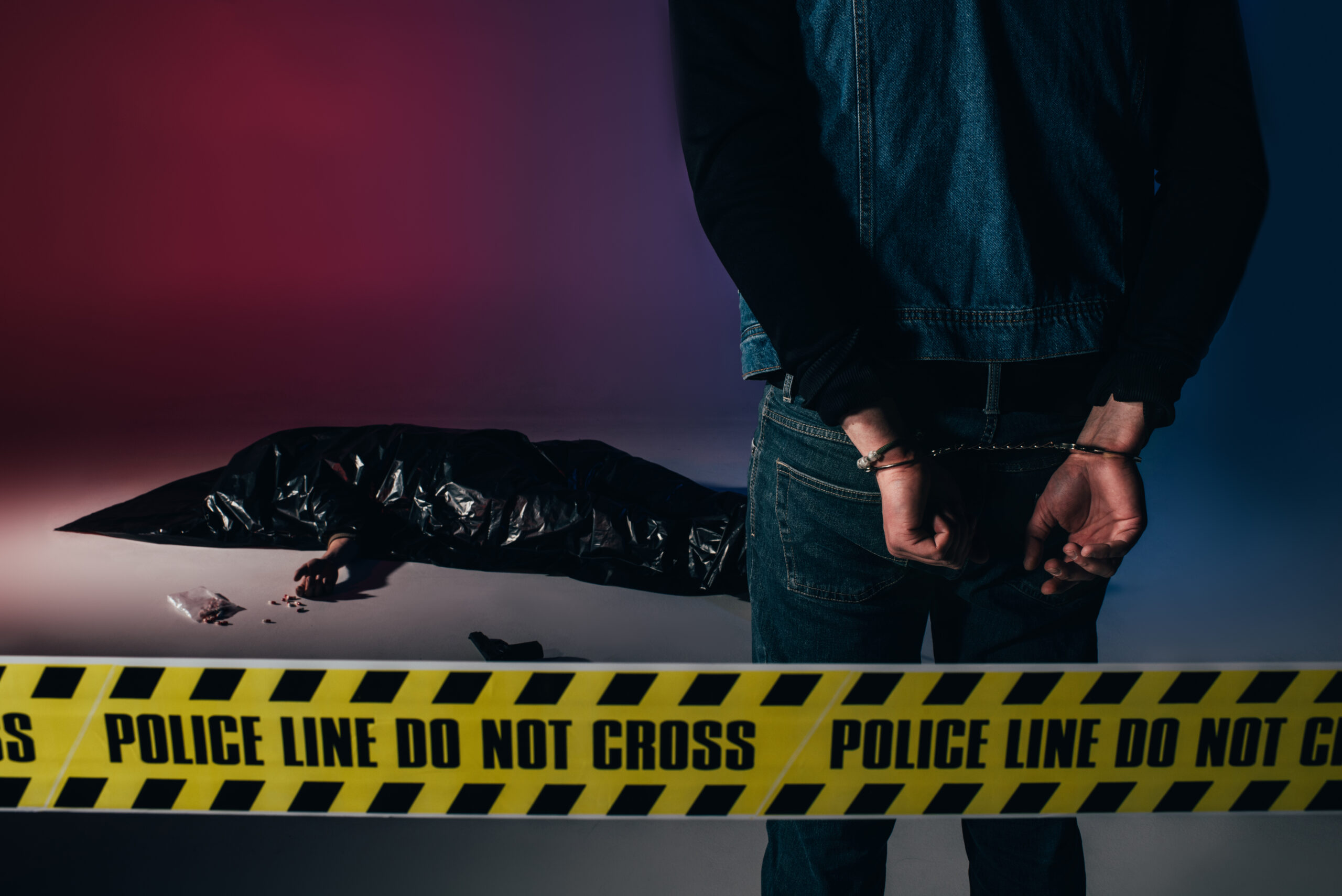Has Your Child Been Charged With a Crime?
If your child under the age of 18 is charged with a crime in or near the Fort Lauderdale area, you should immediately contact the offices of a Fort Lauderdale criminal defense attorney for the legal advice and representation your family will need.
Teenagers make mistakes. What’s important is that they learn from these mistakes. In many cases that involve minors in Florida, a juvenile diversion program can resolve the charge against a minor and offer the intervention that deters juveniles from criminal activity in the future.
How are juvenile offenders dealt with by Florida’s justice system? What happens next if your child is arrested and charged with a crime? How will a Fort Lauderdale juvenile defense lawyer defend your child and work on your family’s behalf?
What Should Parents Understand About Florida’s Juvenile Justice System?
The highest priority of the Florida juvenile justice system is putting teens “on the right track” and keeping them safe. In fiscal year 2021-2022, more than 22,000 minors were arrested in Florida, a figure that represents about eleven arrests for every thousand minors in our state.
When someone who is less than 18 years old ends up in police custody, some understanding, forgiveness, and another chance is sometimes all that’s needed. Florida’s juvenile justice system focuses on counseling and rehabilitation instead of punishment.
Nevertheless, if your child is charged with a crime, you must have a lawyer’s services and advice as quickly as possible. The juvenile justice system in Florida is different from the system for adults, but it is equally complicated and confusing.
What Happens When a Minor is Arrested?
No one below the age of seven may be arrested in Florida. The police may only take a minor into custody under at least one of the following conditions:
- A circuit court has issued a warrant for the minor’s arrest.
- There is probable cause to believe the minor committed a crime that permits an arrest.
- The minor failed to make a scheduled court appearance.
- There is probable cause to believe the minor violated commitment orders or probation.
When a minor is arrested in Florida, the local police immediately involve one or both parents. Parents should know that the charge police use to arrest a child may not be the charge that the child faces in court. The State Attorney determines the final charge prior to any hearing.
What Happens After a Minor’s Arrest?
While awaiting adjudication, a minor may be placed in a Florida Department of Juvenile Justice (DJJ) detention facility for up to 21 days before the adjudication hearing. The DJJ will recommend appropriate disciplinary measures to the court and the State Attorney.
In a juvenile proceeding, there are no juries. Only a judge hears the case. Your child’s juvenile defense attorney may seek to have the charge dropped, or if that’s not possible, to have the child found not guilty or entered into a diversion program.
If your child is found guilty of a crime, a Fort Lauderdale juvenile defense attorney will probably argue for probation. In every juvenile case, the State of Florida wants to ensure that a lesson will be learned and that the incident does not haunt or follow the child for years into the future.
Are Diversion Programs Available for Juveniles?
One option for minors charged with crimes in South Florida is a diversion program. The Community Justice Program provides diversion options for juvenile offenders in Broward County.
Juveniles who commit a qualifying first, second, or third misdemeanor offense may enter a voluntary Civil Citation program with a pre-arrest referral from a law enforcement officer or a post-arrest referral from the State Attorney.
Participation in the Broward County Civil Citation program lasts from 45 to 90 days. If the minor completes the program successfully, charges against the minor will be dismissed. Adjacent South Florida counties operate similar diversion programs for juveniles.
What Does Probation for a Minor Require?
If your child receives a criminal conviction, the penalty may be probation. Probation for a minor in Florida usually requires the minor to take specific measures to avoid being sent to a residential facility. These measures typically include:
- paying restitution to any victim(s)
- completing community service
- adhering to a curfew
- having no contact with the victim(s)
- avoiding any contact with known criminal offenders and other inappropriate persons
- participating in substance abuse or mental health counseling
If your child receives a conviction, instead of probation, he or she may be sent to a residential facility for rehabilitation. A juvenile defense attorney will use every legal tool available to keep your child out of a residential rehabilitation facility or to limit the time your child spends there.
When Are Juveniles Charged as Adults?
Unlike cases involving typical juvenile crimes (such as car theft, shoplifting, vandalism, or drug possession), if your child is accused of a serious or violent felony, the child may be charged in Florida as an adult.
It happens rarely, but if your child is charged as an adult, you must contact a Fort Lauderdale juvenile defense lawyer without delay.
When a minor faces adult charges, the stakes are higher. The penalties for a conviction include jail or prison and the creation of a criminal record that could affect your child’s educational and employment opportunities. In these cases, your family must have a good defense attorney’s help.
George Reres Law Will Defend Your Child and Help Your Family
If your child is charged with a crime in South Florida, call the offices of George Reres Law immediately. Our award-winning legal team will protect your child’s rights and bring the case to its best possible outcome.
A juvenile defense attorney at George Reres Law will move to have the charge against your child dismissed, argue for a not guilty verdict, or seek to have your child entered into a diversion program. We will use every available legal tool to help your child avoid a criminal conviction.
If your child faces a criminal charge in Broward County or anywhere else in South Florida – currently or in the future – call George Reres Law as soon as possible. Contact us at 954-543-1186 to schedule a no-obligation, no-cost evaluation of your child’s case.

 954-543-1186
954-543-1186
 Call Us Now
Call Us Now


